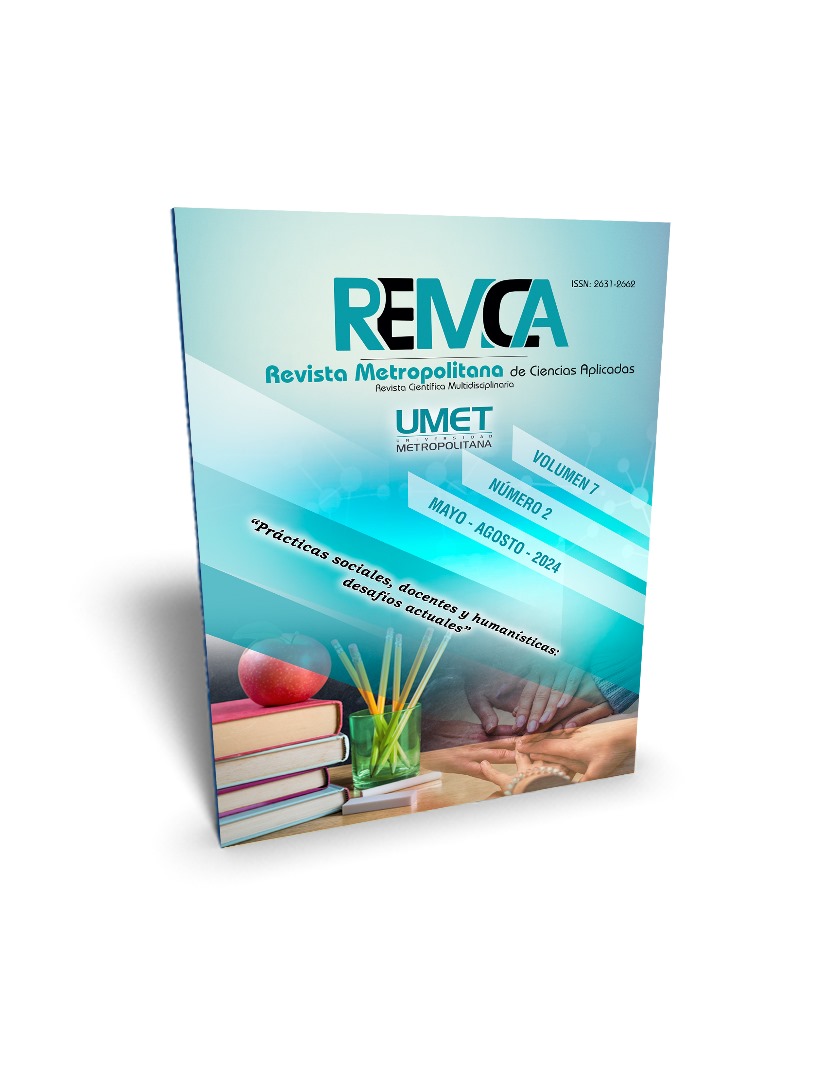The intentional omission in embezzlement and impact on public administration in Ecuador
DOI:
https://doi.org/10.62452/nph8tw71Keywords:
Public administration, willful omission, embezzlementAbstract
The objective set forth here is, following a legal analysis of intentional omission in the context of the crime of Embezzlement in Ecuador: To argue the need to implement a reform in Article 28 of the Comprehensive Organic Criminal Code, so that it clearly describes the possibility of timely and effective sanctioning of public officials who engage in this conduct concerning the crime of Embezzlement. Within Ecuadorian legislation, there is an issue regarding the ability to sanction public officials who, despite holding specific positions of responsibility, fail to fulfill their legal obligation to prevent and avoid the commission of Embezzlement, engaging in intentional omission. This form of typicity is not classified as a crime in Ecuador, and that's fine, as it acts as a general rule and, therefore, would apply to the entire criminal process and to all criminal offenses if the need arises. However, it is necessary to expand the article that foresees it, so that it is clear what it consists of and how it can be technically treated. To do this, a qualitative approach is employed using scientific methods such as analytical, inductive, and exegetic.
Downloads
References
Bacigalupo, E. (1983). Delitos Impropios de Omisión. TEMIS.
Díaz Fustamante, A. (2018). La imputación en el delito peculado. (Tesis de maestría). Universidad de Piura.
Ecuador. Asamblea Nacional. (2014). Código Orgánico Integral Penal. Registro Oficial Suplemento No. 180. https://www.registroficial.gob.ec/index.php/registro-oficial-web/publicaciones/suplementos/item/2215-suplemento-al-registro-oficial-no-180
Espín, J. (2022). Injusto Doloso de omisión. Derecho Penal: https://sga.unemi.edu.ec/media/recursotema/Documento_2020330225538.pdf
Kaufmann, A. (2018). Dogmática en los Delitos de Omisión. Marcial Pons.
López Soria, Y. (2020). La teoría del delito: revisión crítica del elemento culpabilidad. Tesis Doctoral). Pontificia Universidad Católica de Argentina.
Madrazo, S. (2000). Estado débil y ladrones poderosos en la España del siglo XVIII: historia de un peculado en el reinado de Felipe V. Los libros de la Catarata.
Ponce, G. (2020). Lavado De Activos En El Ecuador. Lexadvisor.
Rivadeneira Hidalgo, C. J. (2021). La omisión dolosa en el delito de peculado frente a la administración pública. https://researchpapers.usfq.edu.ec/index.php/usfqlawwp/preprint/view/50/120
Santillán, J. (2022). La posición garante en el derecho penal ecuatoriano. (Tesis doctoral). Universidad Nacional de Loja.
Santos Pineda, J. L. (2016). Delito de peculado de uso por servidores y funcionarios del gobierno regional y municipalidad provincial de Huánuco. (Tesis de maestría). Universidad de Huánuco.
Downloads
Published
Issue
Section
License
Copyright (c) 2024 Jessica Virginia Cornejo-Guamán, Yudith López-Soria (Autor/a)

This work is licensed under a Creative Commons Attribution-NonCommercial-ShareAlike 4.0 International License.
Authors who publish in Revista Metropolitana de Ciencias Aplicadas (REMCA), agree to the following terms:
1. Copyright
Authors retain unrestricted copyright to their work. Authors grant the journal the right of first publication. To this end, they assign the journal non-exclusive exploitation rights (reproduction, distribution, public communication, and transformation). Authors may enter into additional agreements for the non-exclusive distribution of the version of the work published in the journal, provided that acknowledgment of its initial publication in this journal is given.
© The authors.
2. License
The articles are published in the journal under the Creative Commons Attribution-NonCommercial-ShareAlike 4.0 International License (CC BY-NC-SA 4.0). The terms can be found at: https://creativecommons.org/licenses/by-nc-sa/4.0/deed.en
This license allows:
- Sharing: Copying and redistributing the material in any medium or format.
- Adapting: Remixing, transforming, and building upon the material.
Under the following terms:
- Attribution: You must give appropriate credit, provide a link to the license, and indicate if any changes were made. You may do this in any reasonable manner, but not in any way that suggests the licensor endorses or sponsors your use.
- NonCommercial: You may not use the material for commercial purposes.
- ShareAlike: If you remix, transform, or build upon the material, you must distribute your creation under the same license as the original work.
There are no additional restrictions. You may not apply legal terms or technological measures that legally restrict others from doing anything the license permits.




